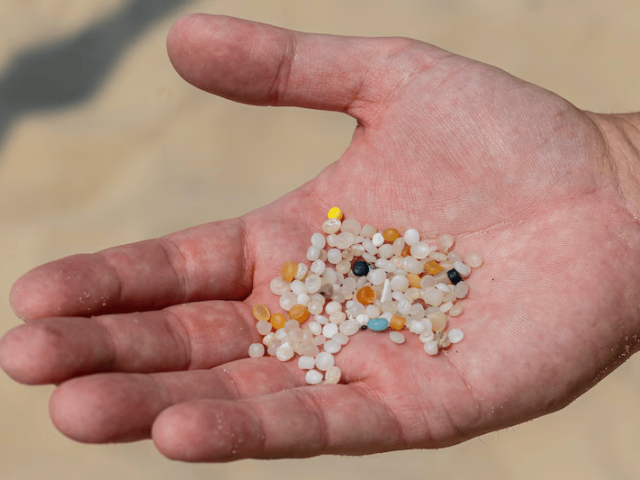State Study Reveals Widespread Microplastics

Michigan has begun statewide testing of rivers and streams for microplastics, and early results show they are widespread, regardless of location. Using a $2 million appropriation, the Department of Environment, Great Lakes, and Energy (EGLE) plans to monitor 200 rivers and streams through 2029.
The effort comes alongside new Democratic-backed legislation aimed at regulating and studying microplastics. The bills would:
- Create a statewide research and monitoring plan (SB 505).
- Require baseline testing of public water supplies and quarterly monitoring, with a risk report due in 2031 (SB 504).
- Ban microbeads in more products than the existing federal ban (SB 503).
Supporters argue microplastics pose risks to ecosystems and human health, accumulating toxins that move through the food chain. Experts stress the need for standardized monitoring, tap water testing, and recognition of plastics as a chemical of concern.
Industry groups oppose parts of the legislation, calling definitions too broad, timelines too short, and limits on research partners restrictive. Republicans have raised questions about enforcement and agriculture but haven’t voiced outright opposition.
Meanwhile, EGLE continues sampling and is working with federal and state models to build a comprehensive Michigan-specific strategy, though officials acknowledge much remains unknown.
Read the full article on MLive.
Photo credit: Joel Bisselll, MLive.com
